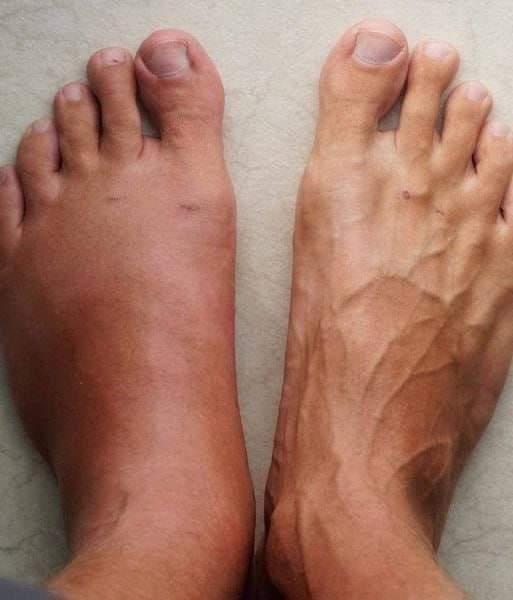ADVERTISEMENT
Awareness of your heartbeat, whether it’s pounding, fluttering, or irregular.
### Why It Happens:
Damaged or stressed heart tissue can disrupt normal electrical impulses.
### What to Look For:
* Skipped beats.
* Rapid or slow heartbeats.
* Fluttering sensations in the chest.
### Action:
If palpitations are persistent or accompanied by other symptoms, seek cardiac evaluation.
—
# Additional Risk Factors to Consider
Recognizing symptoms is crucial, but so is knowing your risk factors. These include:
* Family history of heart disease.
* Smoking.
* High blood pressure.
* High cholesterol.
* Diabetes.
* Obesity.
* Sedentary lifestyle.
* Unhealthy diet.
* Excessive alcohol use.
If you have these risk factors, be especially vigilant about early symptoms.
—
# What to Do If You Notice These Signs
If you or someone you know experiences one or more of these symptoms, don’t ignore them.
* **Seek medical attention immediately.** Early diagnosis and treatment can save lives.
* **Lifestyle changes:** Quitting smoking, eating heart-healthy foods, regular exercise, and managing stress.
* **Medications:** Doctors may prescribe aspirin, beta-blockers, statins, or other drugs to manage symptoms and reduce risk.
* **Regular checkups:** Monitor blood pressure, cholesterol, and blood sugar.
—
# How Medical Professionals Diagnose Impending Heart Issues
Doctors may use several tests to evaluate your heart health if you present with warning signs:
* **Electrocardiogram (ECG):** Measures electrical activity.
* **Stress tests:** Assess heart function during exercise.
* **Echocardiogram:** Ultrasound imaging of the heart.
* **Blood tests:** Check for markers of heart damage.
* **Coronary angiography:** Visualize blocked arteries.
—
# Preventing Heart Attacks: Lifestyle Changes
Prevention is better than cure. Some effective lifestyle habits:
* **Healthy diet:** Rich in fruits, vegetables, whole grains, lean proteins.
* **Regular physical activity:** At least 150 minutes a week.
* **Weight management:** Maintain healthy BMI.
* **Quit smoking:** One of the biggest risk reducers.
* **Limit alcohol:** Drink in moderation.
* **Manage stress:** Techniques like meditation, yoga.
* **Regular medical checkups:** Early detection of risk factors.
—
# Common Myths About Heart Attacks
* **Myth:** Only men have heart attacks.
**Fact:** Women also experience heart attacks, often with different symptoms.
* **Myth:** Heart attacks always cause severe chest pain.
**Fact:** Symptoms can be mild or atypical.
* **Myth:** Heart attacks only happen during physical exertion.
**Fact:** They can occur at rest or during sleep.
—
# Conclusion: Listen to Your Body
Your body communicates vital information — especially when it comes to heart health. Ignoring early warning signs can have dire consequences. By knowing these seven symptoms and taking action, you can reduce your risk of a heart attack, save lives, and live a healthier, longer life.
If you experience persistent or severe symptoms, seek emergency care immediately. Don’t wait for the “classic” heart attack moment. Early intervention is the key to survival.
—
**Stay heart-smart. Your heart will thank you.**
—
If you want, I can also provide a printable checklist of these 7 warning signs or a guide on lifestyle changes to prevent heart attacks. Just ask!
